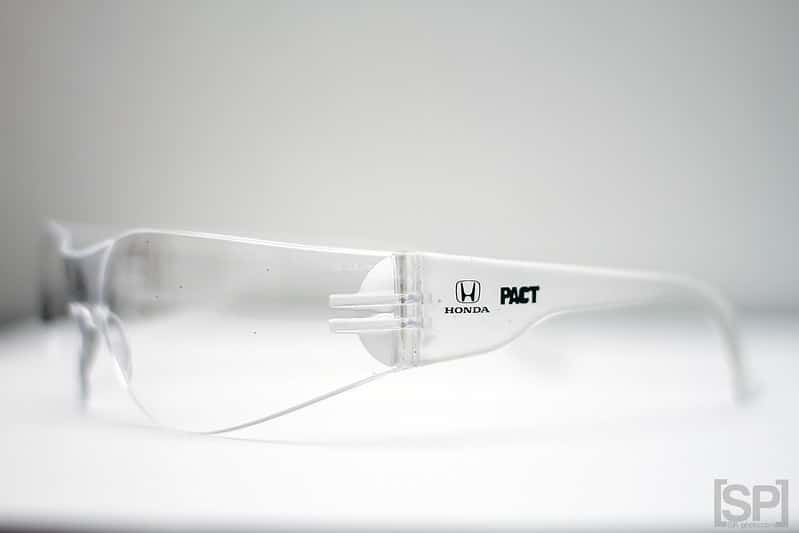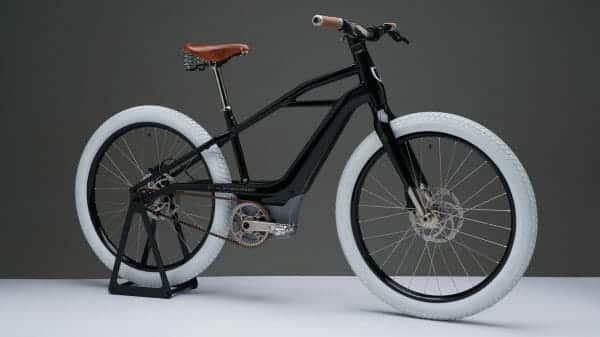Wearing protective gear is a must if you are exposed to any form of risk or hazard. Your eye area is just as important as any part of your body, but it is often overlooked or forgotten. There are so many eye hazards that one can be exposed to daily, and without the right safety glasses, you may suffer from eye-related injuries. Safety eyewear is a broad term that can refer to several things: safety glasses, goggles, or face shields, all of which can either have a prescription or not.
If you work in a field that exposes you to specific eye risks, you should not put off getting some safety glasses. However, aside from making sure your eyes are protected, you have to make sure you select the right eyewear to fit your needs. The lens, frame, and other components of safety glasses are usually made with different kinds of materials that cater to different uses. For example, uvex safety glasses offer different glasses that are each designed for specific occupations to protect the wearer from eye hazards.
Polycarbonate
Polycarbonate is one of the most popular materials for lenses since it is lightweight and impact-resistant. Polycarbonate lenses are much more durable than plastic lenses, making them a standard for many safety glasses in the market today. The material is a thermoplastic, which comes in the form of pellets that are heated until they melt. The melted liquid is then placed into a lens mould that compresses and cools to form the lens in a few minutes.
Polycarbonate is the ideal material choice for many people because it is shatter-proof and provides protection from UV rays. The lenses are also thinner than plastic, which makes them suitable even for higher prescriptions. If you browse through the selection of uvex safety glasses, you will notice that many models are made of polycarbonate because of the material’s versatility and benefits.
Glass
Glass has been used for lenses for many decades because they are scratch-resistant, optically clear, and more durable than other lens materials. Plastic lenses, on the other hand, tend to become less clear over time. Glass lenses, however, are less prone to this problem and will stay clear as long as you clean it regularly. You will still have to clean the lenses, but it is not as hard or complicated. If you do not need the impact-resistance from polycarbonate, glass is another excellent material that you can consider. Make sure you find ANSI 787-approved lenses to ensure they are safe and meet the standard for safety glasses.
Trivex
Trivex lenses are known to offer many similar benefits as polycarbonate lenses, though they provide better optical clarity. They are quickly becoming the rival to polycarbonate because you get so many benefits in a single material: lightweight comfort, sharp and clear vision, and UV protection. The difference between the two materials is that Trivex lenses are said to have crisper optics since they have a higher Abbe value, which comes from the urethane-based monomer in the material.
Knowing your material options for safety glass lenses will help ensure you get the most comfort and benefits. Depending on your preference, budget, or what you are looking for, there may be some materials that are more suitable to fit your needs.














